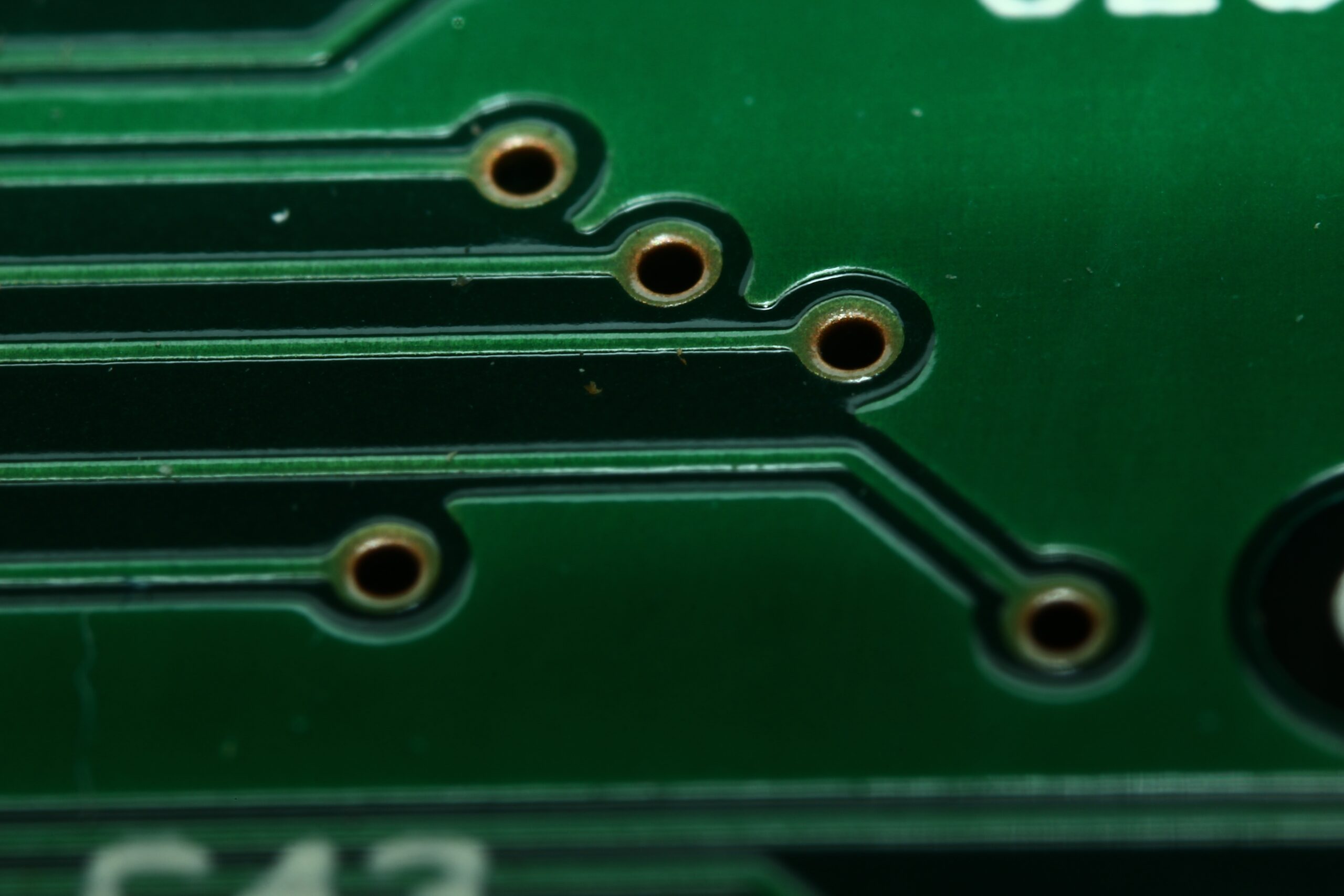The United States government is taking initiatives to support domestic manufacturing of printed circuit boards (PCBs). The move is aimed at promoting technological self-sufficiency and reducing dependence on foreign manufacturing. This report will discuss the challenges faced by the domestic PCB manufacturing industry and the government’s efforts to support it.
U.S. Government Will Support Domestic PCB Manufacturing
Challenges faced by domestic PCB manufacturing industry: The domestic PCB manufacturing industry has faced several challenges in recent years, including competition from cheaper imports, lack of investment in research and development, and the high cost of manufacturing equipment. This has resulted in a decline in the number of domestic PCB manufacturers and a growing dependence on foreign manufacturers.
Government’s initiatives to support domestic PCB manufacturing: The U.S. government has announced several initiatives to support domestic PCB manufacturing. One such initiative is the creation of a public-private partnership called the American Institute for Manufacturing of Advanced PCBs (AIM Photonics). This partnership aims to provide funding for research and development of advanced technologies, such as high-density interconnect (HDI) PCBs, which are commonly used in advanced packaging applications.
The government has also announced a plan to provide financial incentives for domestic PCB manufacturers to invest in new equipment and technology. The incentives are expected to make it easier for domestic manufacturers to purchase new equipment and upgrade their facilities, thus making them more competitive in the global market.
Additionally, the government plans to establish a network of advanced manufacturing institutes across the country that will focus on developing and implementing advanced manufacturing technologies, including PCB manufacturing. These institutes will provide technical support and training to domestic manufacturers, enabling them to develop and adopt new manufacturing techniques and technologies.
Conclusion: The government’s efforts to support domestic PCB manufacturing are a welcome move that will help promote technological self-sufficiency and reduce dependence on foreign manufacturers. By providing funding for research and development of advanced technologies and financial incentives for domestic manufacturers, the government is helping to create a more competitive domestic PCB manufacturing industry. The establishment of advanced manufacturing institutes across the country will also provide technical support and training to domestic manufacturers, helping them to stay up-to-date with the latest manufacturing techniques and technologies.
What technical support is required for packaging PCB?
To package PCBs, a variety of technical support is required, including:
- Design software: Packaging PCBs requires specialized design software that can create and test the packaging design before it goes into production. This software must be able to create 3D models of the PCB, generate the necessary manufacturing files, and perform simulations to ensure the design meets the required specifications.
- Manufacturing equipment: Once the PCB packaging design is finalized, it needs to be manufactured. This requires specialized equipment, such as pick-and-place machines, soldering equipment, and testing equipment, to assemble the PCB components and test the final product.
- Material selection: Selecting the right materials is critical to ensuring the PCB packaging meets the required specifications. Technical support is required to help choose the right materials based on factors such as the operating environment, durability, and electrical properties.
- Thermal management: PCBs generate heat, and packaging design needs to include thermal management strategies to ensure the PCB doesn’t overheat. Technical support is required to help determine the best thermal management strategy, including heat sinks, fans, and other cooling methods.
- Compliance testing: The PCB packaging design needs to meet various regulatory requirements and industry standards. Technical support is required to ensure the design meets these standards and passes compliance testing.
Overall, packaging PCBs requires a significant amount of technical expertise and support to ensure the final product meets the required specifications and performs as intended.

